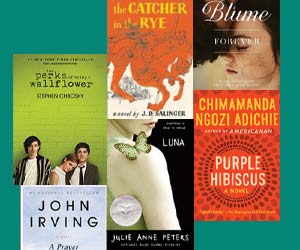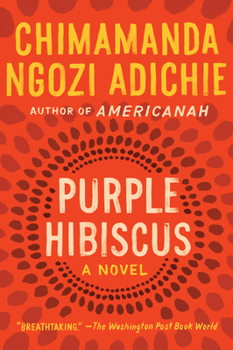Purple Hibiscus
Select Format
Select Condition 
Book Overview
"One of the most vital and original novelists of her generation." --Larissa MacFarquhar, The New Yorker
Customer Reviews
Electrifying read
An Extremely Engaging First Novel
an excellent debut
a remarkable, lyrical book- a must-read
Excellent first novel
Purple Hibiscus Mentions in Our Blog

Spring is in the air, and with the season comes a feeling of new growth, fresh starts, and regeneration. In the literary world, beloved coming-of-age books evoke similar feelings of change. These bildungsromans are often centered around a protagonist and highlight their experiences during their formative years. They are tales of growth, maturity, and enlightenment.

In celebration of springtime, we've decided to celebrate all things floral. Whether growing, decorating, crafting, or even just reading, here are a collection of books to help you immerse yourselves in blooms and blossoms.





